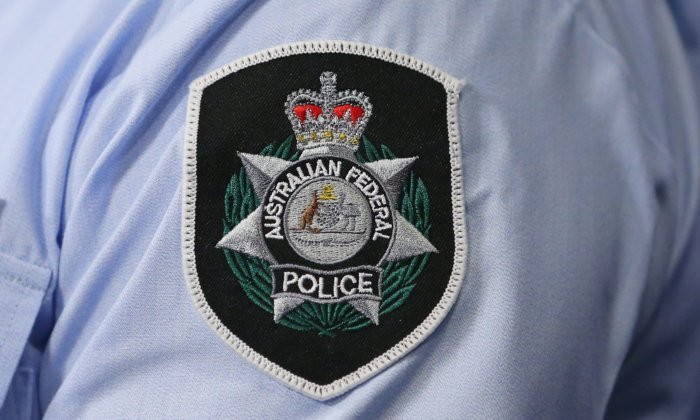Federal Police Union Alert on Potential Dangers of Federal Police Strike
Members of the Australian Federal Police Association have agreed to go on strike to protest a ‘toxic’ pay deal proposed by the government.
The Australian Federal Police (AFP) has stated that it will object to industrial actions that endanger the safety of the community and public officers.
This decision comes after the Australian Federal Police Association (AFPA) informed federal politicians on Aug. 11 about their intention to organize industrial actions in the upcoming weeks to protest a “toxic” pay agreement proposed by the government.
These strikes will involve federal police officers withdrawing from duties at airports, political events, and the federal parliament during sitting weeks. They will also temporarily suspend investigating certain types of crimes and performing other tasks.
An AFP spokesperson informed The Epoch Times that the agency was aware of the AFPA’s plan to undertake additional forms of protected action during pay negotiations.
The spokesperson emphasized that while the AFP supported the right of AFPA members to take industrial action according to the law, it would not back any action that jeopardized national and community security or impeded the agency’s ability to carry out its responsibilities.
“While the AFP has not received formal notification of such actions to date, the AFP wants to be very clear: The AFP will vigorously object to any action that jeopardizes the safety and protection of high office holders, parliamentarians or designated airports,” the spokesperson said.
“At no time will the life of any high office holder, politician or member of the public be put at risk because of any proposed action by the AFPA.”
What’s Behind the Strike
The industrial actions were prompted by 96 percent of AFPA members voting in favor of a strike at the end of July after demanding higher pay raises for officers.
The government had proposed an 11.2 percent increase over three years along with additional work-from-home provisions.
However, the AFPA argued that the proposed raise was inadequate for its members, stating that the base wages of federal police officers were the lowest in the country.
AFPA President Alex Caruana highlighted the ineffective nature of the work-from-home entitlements for officers working on the front line.
“The deal currently being presented is toxic,” he expressed.
“AFP officers deal with the worst of humanity and have to enter the dark worlds of paedophile rings, international drug trafficking, illegal arms dealers and murderous terrorists every day.”
Caruana also raised concerns about a potential exodus of federal police officers due to uncompetitive wages and working conditions, stating that skilled officers are in high demand both within the public sector and private industry.
In response to the upcoming industrial actions, the AFPA president indicated that officers were prepared to be “extremely disruptive” during the strikes but assured that the association had committed not to engage in any activities that would endanger the community.
A survey (pdf) of federal police officers conducted in February 2024 revealed that a significant percentage of respondents had contemplated resigning from their positions within the past year for various reasons, with concerns including lack of staff and workload.
Most officers believed that a fair pay rise for the next three years should be at least 17 percent.
Response from Other Parties
Independent Senator David Pocock urged the government to address the police force’s remuneration issues.
“They put everything on the line and deserve a fair deal.”
Meanwhile, Liberal MP Sussan Ley expressed concerns about the stretched resources and inadequate funding of the federal police force.
“And we have to make sure that we resource our agencies properly.”



